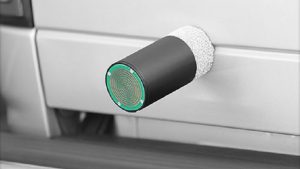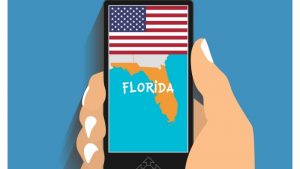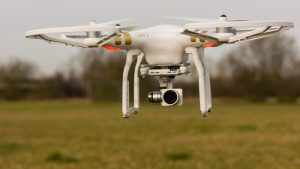A group of policy-makers, health care providers, and first responders recommended that the state of Nevada create a data center with information on opioid prescriptions.
The New Orleans Police Department plans to install automatic license plate readers throughout the city. Police consider the investment in the new technology, used elsewhere in Louisiana, as a “down payment” on public safety. The cameras will allow police to mine a large database of license plate images and identify and track suspects.
The police department in Methuen, Mass., hopes to avoid dangerous and potentially deadly high-speed car chases with GPS darts.
Newark, N.J., Mayor Ras J. Baraka on Nov. 10 announced the launch of the Women’s Safety Hackathon, with the intention to create a technology that makes Newark safer for women. “Women’s safety is an issue that affects all of us, even nationally,” Baraka said to NJ.com, after a City Hall news conference announcing the competition. […]
Florida has awarded a $700 million contract to Harris Corp. to provide a statewide communications network. This network will connect 4,000 sites, bringing together public safety, law enforcement, public schools, and other state and local government agencies.
California’s Department of Motor Vehicles asked the public to critique proposed regulations that would allow self-driving cars without a steering wheel or pedals on public roads.
Taser International, a maker of stun guns and body cameras, met with police officials last week at the International Association of Chiefs of Police conference in San Diego regarding a drone armed with a stun gun.
In order to educate law enforcement officials on how to deal with digital evidence and cyber-based crimes, the FBI has created the Cyber Investigator Certification Program, a project that, in partnership with Carnegie Mellon University, aims to address the concerns of the International Association of Chiefs of Police (IACP) over a lack of affordable cyber training options for officers.
Seven weeks ago the Peoria (Ill.) Police Department and Peoria County Sheriff’s Office began testing the new Integrated Ballistics Identification Systems to help solve crime. The Federally funded IBIS equipment examines the unique characteristics of shell casings and compares the casings to others stored in the national database.
An app designed to help drivers avoid traffic proved helpful during a recent deadly flood. Traffic data from Waze helped government officials and first responders in Louisiana during Baton Rouge’s flooding in August. Esri announced a partnership with Waze and local governments on Oct. 12 to encourage more states and cities to use roadway data for similar projects.













